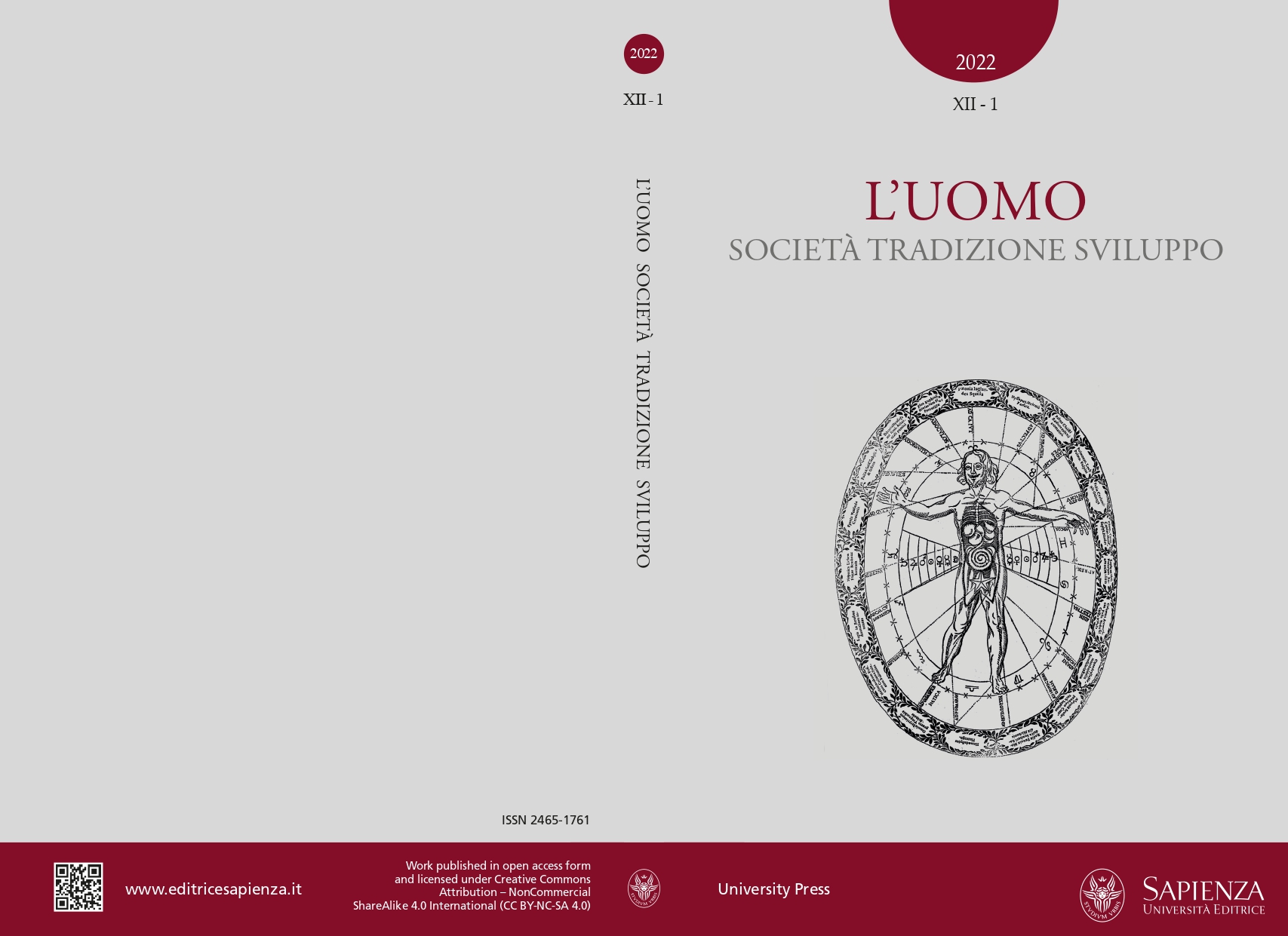The Garden of Senses and the Numbers of Power: Biodiversities Between Resistance and Rewriting
Keywords:
biodiversity, home gardens, multispecies sustainability, Green Legacy, Ethiopia, Ensete ventricosumAbstract
In this article I compare and contrast what biodiversity looks and tastes like in places where it is cultivated through all senses in the everyday; and what, on the contrary, biodiversy comes to entail when it is observed in mediated viewing, and framed in policy and management plans at the national and supranational level. I start by outlining the highly interconnected life of an Ethiopian plant (Ensete ventricosum) that for centuries has been symbiotically grown, and sensuously appreciated and consumed on small farms; and particularly, in intercropped patches behind the house that have remained, by their very nature, unremarked or not countable at all. The thriving vitality of these agroecological niches has barely attracted public attention, research, or investment. Not coincidentally, in Ethiopia the dictates of the Green Revolution – which privilege productivity over justice, and calculation over taste and experience – have increasingly translated into processes of agrarian change and national nutritional guidelines that foster new modes of production and consumption through technological fixes. I will then focus on the most recent initiative that the government of Ethiopia has undertaken «to (re)greening» the country: the Green Legacy initiative, with its persistent rhetoric on restoration and planting to replenish what is lost; and the parallel, eloquent neglect of what, far from high-sounding pronouncements, is already strikingly green and still alive.


